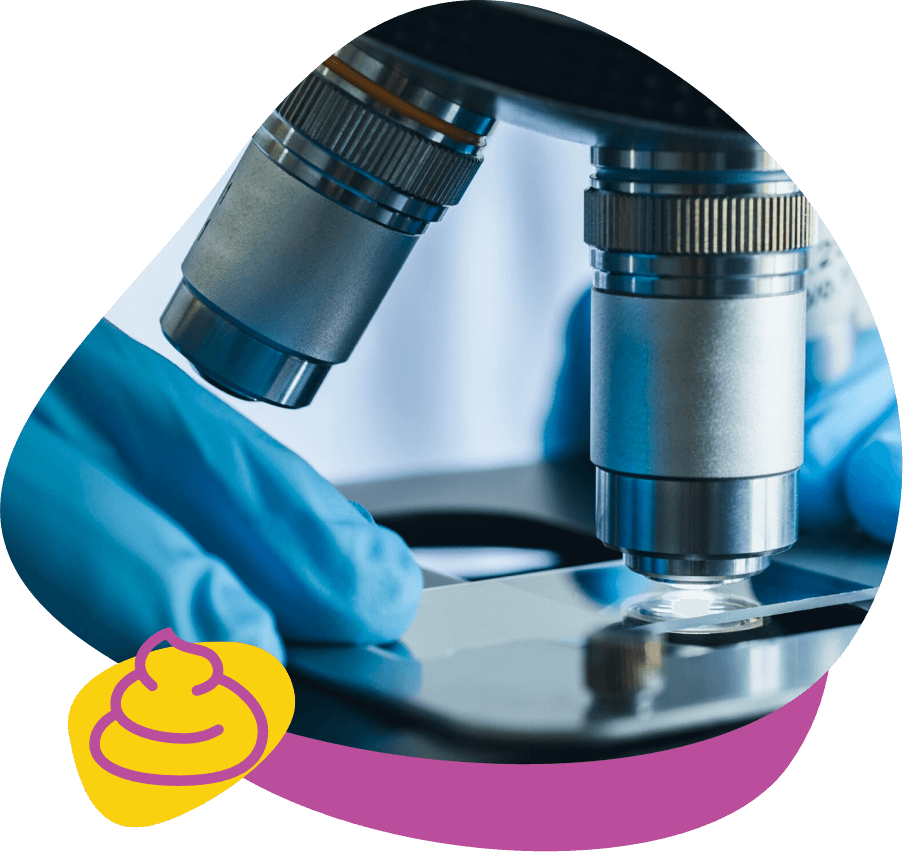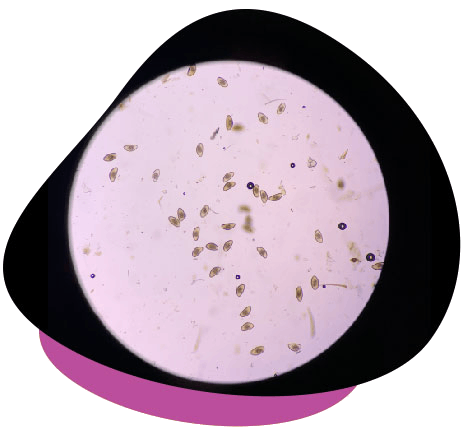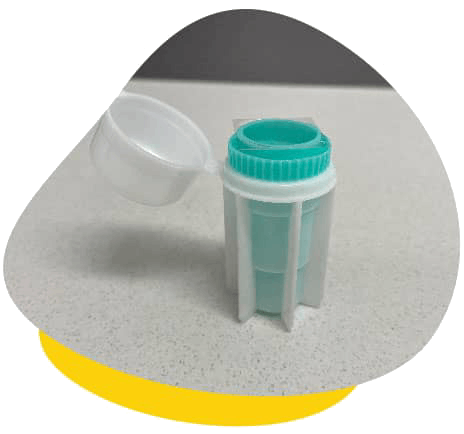For birds and reptiles, a faecal test is recommended as part of their preventative health care plan, and for this reason, we have included this service in our FlyStart, ScaleStart and SlitherStart packages.
Faecal tests are also important to consider when introducing a new pet into your home, and they are often performed if a pet is unwell.
Although many of the species we see do not require regular worming unless they are exposed to new parasites, faecal tests are a good way to see if your pet needs to be wormed rather than just treating your pet for parasites that it may not have.
In most cases, we perform faecal testing on the spot, and you will have the results within 10-15 minutes of the sample being taken.
Early detection and intervention are essential for your exotic pet’s health. Faecal testing can provide a lot of information about the status of your pet’s gastrointestinal health.



